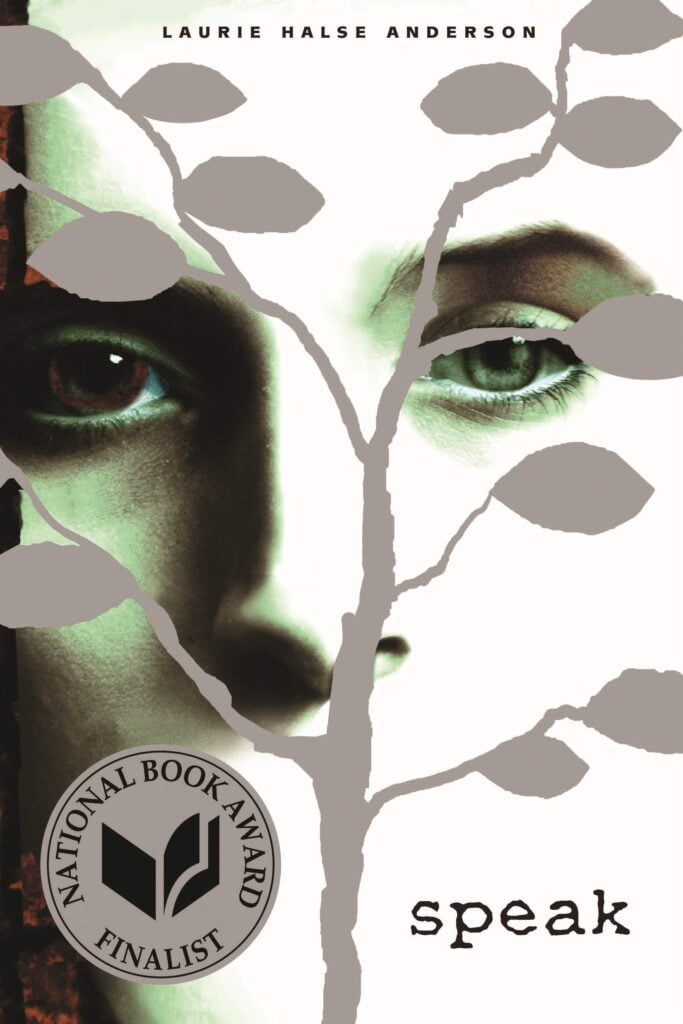
A proverb is a saying or phrase that expresses a commonly held truth or a wise principle. It is often used to summarize a moral lesson or provide advice about how to live life. Proverbs can be found in many cultures around the world, and they often have multiple interpretations. Some great examples in America are “A stitch in time saves nine“ and “A penny saved is a penny earned.”
Proverb Power: Wise Words for the Ages
Proverbs are like little nuggets of wisdom passed down through generations. These short, memorable phrases offer guidance and advice, often drawing on centuries of collective experience. They can add a touch of authority and insight to your writing, as well as provide a spark of inspiration when you’re in need of a wise word or two.
Proverb Principles: The Secrets Behind Their Success
Why are proverbs so enduring and appealing? Here are a few reasons that make these wise sayings stand the test of time:
- Universality: Proverbs often address common human experiences and concerns, making them relatable and relevant to a wide range of people.
- Brevity: The concise nature of proverbs makes them easy to remember and share, ensuring that they’re passed on through generations.
- Imagery: Many proverbs use vivid imagery and metaphors to help convey their message, making them more engaging and memorable.
Proverb Pizzazz: How to Create Your Own Sage Sayings
Ready to try your hand at creating your own proverbs? Follow these simple steps to craft some wise words of your own:
- Identify a universal theme: Choose a topic that resonates with many people, such as love, friendship, or perseverance.
- Keep it short and sweet: Aim for a concise and memorable phrase that can be easily shared and remembered.
- Use vivid imagery: Incorporate metaphors, similes, or other figurative language to make your proverb more engaging and memorable.
Proverb Parade: A Showcase of Time-Honored Examples
To give you an idea of the variety and richness of proverbs, here’s a selection of well-known examples from different cultures and their meanings:
- “Don’t count your chickens before they hatch.” (English) – Don’t assume something will happen before it actually does.
- “The early bird catches the worm.” (English) – Those who start early or act quickly have a better chance of success.
- “A rolling stone gathers no moss.” (Latin) – People who keep moving and changing don’t accumulate unnecessary baggage or responsibilities.
- “Where there’s smoke, there’s fire.” (English) – If something seems suspicious, there’s probably a good reason for it.
- “One man’s trash is another man’s treasure.” (English) – What is useless or unwanted by one person may be valuable to someone else.
Proverb Perfection: Incorporating Wise Words into Your Writing
Proverbs can be a valuable addition to your writing, offering a touch of wisdom and insight that can elevate your prose. However, it’s important to use proverbs judiciously, as too many can make your writing feel cluttered and cliché. Here are some tips for incorporating proverbs into your writing effectively:
- Choose the right moment: Use proverbs to emphasize a point or offer guidance at key moments in your writing, such as the climax of a story or the conclusion of an argument.
- Make it relevant: Select proverbs that are closely related to the theme or topic of your writing, ensuring that they add depth and meaning to your work.
- Consider your audience: Be mindful of the cultural context of the proverbs you use, and choose ones that will resonate with your readers.
With a little practice and creativity, you can harness the power of proverbs to enrich your writing and delight your audience. So, go forth and explore the world of wise words, and let their timeless wisdom inspire your own literary creations.
If you’re thirsty for more writing knowledge, head over here to learn all 74 literary devices.




